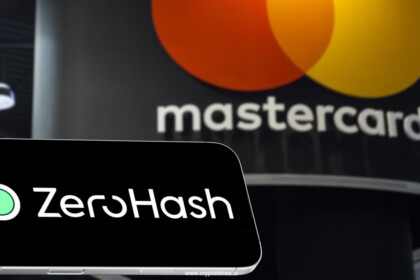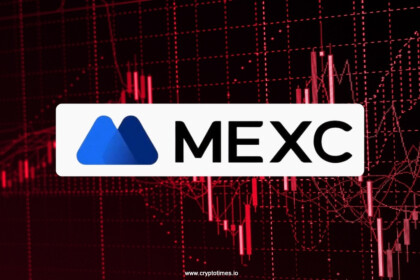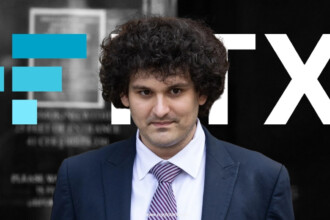The Municipal Corporation of Indian city Amravati has taken a big leap toward smarter governance by introducing blockchain into its system. The move is meant to make day-to-day administration faster, more transparent, and harder to manipulate.
With this, Amravati has become one of the first civic bodies in Maharashtra, India to use blockchain on such a large scale — a sign that digital governance is finally taking shape beyond big cities.
Municipal Commissioner Saumya Sharma Chandak said the aim is to build a system that is both citizen-friendly and foolproof. “Blockchain technology is an effective tool for increasing trust, transparency, and speed in governance,” she said. “This is not just a technological change, but a permanent incorporation of digital responsibility and citizen-centricity into the administrative culture.”
Records that can’t be manipulated
The idea behind this project is simple: once a record is entered into the blockchain, it can’t be changed. That single feature eliminates most risks of fraud and data tampering that often plague public record systems.
Now, everything from fire safety certificates and trade licenses to construction approvals will be stored on blockchain. Officials say the new system will make all records completely secure and almost impossible to fake — a big step toward ending the problem of forged documents.
Each certificate issued by the Amravati Municipal Corporation will now come with a QR code. Anyone can scan it on their phone and instantly check if it’s genuine. It may sound like a small change, but it means people won’t have to go from one counter to another just to check if a document is real.
The civic body says this move will genuinely change how people interact with its offices: faster, simpler, and far less frustrating.
What makes blockchain different is the way it keeps records. Every approval, update, or decision gets logged automatically and stays there. Nothing can be altered or erased later. It leaves a clear digital trail, making the whole process more open and easier to trust. This makes every step in the administration more accountable and harder to manipulate.
Officials believe this setup will go a long way in cutting down corruption, speeding up daily work, and building people’s trust in the system again. Every file, transaction, or document processed by the corporation will leave a digital mark — nothing can quietly disappear or be altered later.
Moving toward paperless, citizen-focused services
For Amravati, this is about changing how the civic body actually works. The bigger plan is to make all services paperless, where people can apply, get verified, and receive approvals on a single digital platform.
That means no more carrying thick folders or waiting in lines for hours. The whole process will get quicker, smoother, and far more dependable, saving time for both people and officials.
Amravati’s step could soon set an example for other cities in Maharashtra and across the country. It proves that when technology is used the right way, it can do more than make things easy; it can actually rebuild trust between people and their local government.
To help people understand the change, the corporation is also planning an awareness drive. It will include short online demos, training programs, and community sessions where citizens can learn how blockchain protects their data and makes the whole system more efficient.
India’s broader push for blockchain
The timing of Amravati’s move coincides with the central government’s national digital vision. On August 20, in the Lok Sabha, the Centre outlined plans to embed blockchain and AI into key areas like land records, digital commerce, and supply chains as part of the ‘Amrit Kaal’ reforms leading up to 2047.
Minister of State for Electronics and IT Jitin Prasada said the government’s goal is to “build an inclusive and transparent system that reduces regional gaps and makes services more accessible.”
He also highlighted several ongoing projects, such as AIKosh, the IndiaAI platform giving access to datasets and AI tools, and the Open Government Data portal, which offers real-time access to government information.
Other national digital pillars like Aadhaar, DigiLocker, UMANG, and UPI continue to drive large-scale public service delivery, while PMGDISHA, the digital literacy program, has already trained over 64 million people.
Why it matters
For India, what Amravati is doing goes beyond just a local tech upgrade, it’s a look at how cities might actually run in the years ahead. By putting records and processes on blockchain, the system becomes more open, harder to manipulate, and easier for people to use without depending on middlemen.
It’s the kind of change that can make local bodies work as smoothly as the apps people already use every day. If more cities follow what Amravati’s doing, it could quietly change what we mean by smart governance, something that’s actually open, works fast, and keeps citizens at the center of everything.
Also Read: Crypto Leaders Warn Delays Could Cost India $1.1T Opportunity













